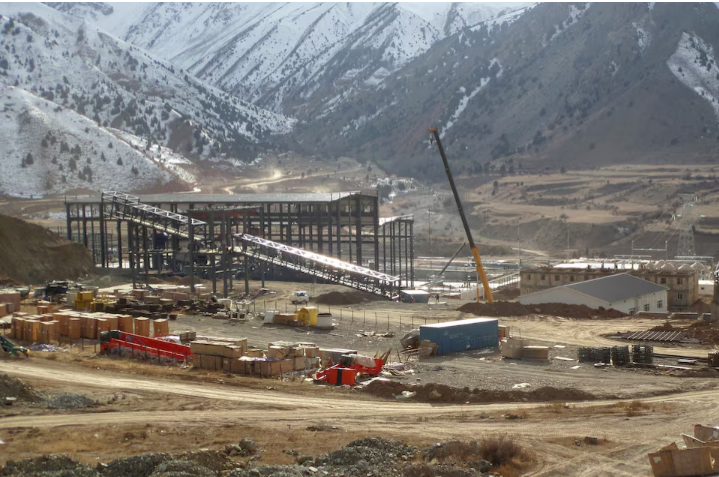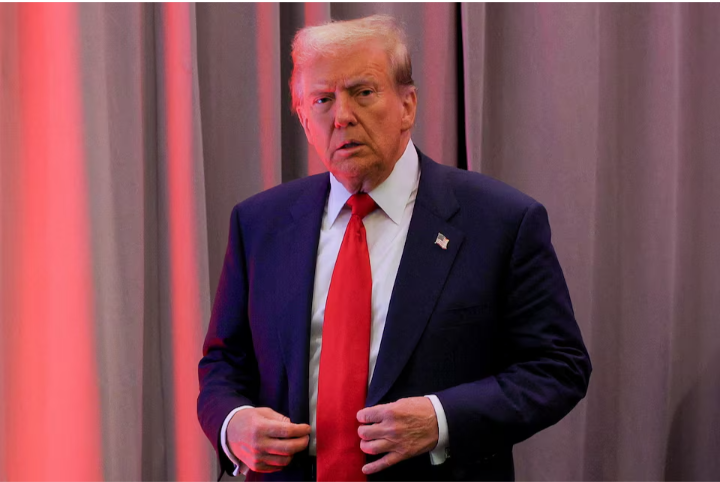As global economies transition to clean energy, the West is intensifying efforts to diversify critical mineral supply chains, aiming to reduce reliance on China. These minerals, essential for producing renewable energy technologies like electric vehicle batteries and wind turbines, are predominantly processed by China, which controls about 60% of global rare earth mining and 90% of refining. This heavy dependence is prompting countries like the U.S. and EU members to secure alternative sources and partners to mitigate potential supply chain disruptions.
China's dominance in this sector isn't merely economic—it has geopolitical implications. By leveraging its near-monopoly on refining minerals such as lithium, cobalt, and nickel, Beijing holds significant sway over global markets. Recent moves, like restricting exports of gallium and germanium critical for semiconductors, highlight how China could use its control for strategic purposes. Western nations view this as a pressing national security concern, particularly as clean energy technologies drive soaring demand.
To counteract these risks, Western governments and companies are scrambling to establish resilient supply chains. Initiatives include increasing domestic mining, expanding partnerships with resource-rich nations, and funding recycling programs to recover rare minerals. The U.S. is also fostering collaborations within its geopolitical sphere to reduce vulnerabilities, as reflected in policy shifts over the past few years.
This realignment is not without challenges. Environmentally sustainable mining practices, regulatory hurdles, and competition for resources with emerging economies complicate the effort. Yet, experts stress the need for rapid progress, as demand for critical minerals is expected to quadruple by 2040 under a sustainable energy scenario. Delays could jeopardize the energy transition and exacerbate geopolitical tensions.
China, aware of these maneuvers, is doubling down on its mineral sector through investments in technology and resource acquisition abroad. While the West seeks independence, Beijing's influence in refining and processing remains difficult to rival in the short term. This tug-of-war underscores a broader struggle for control over the resources driving the global energy transition.





